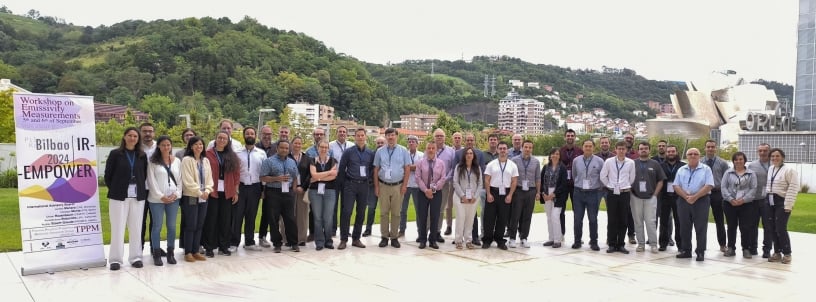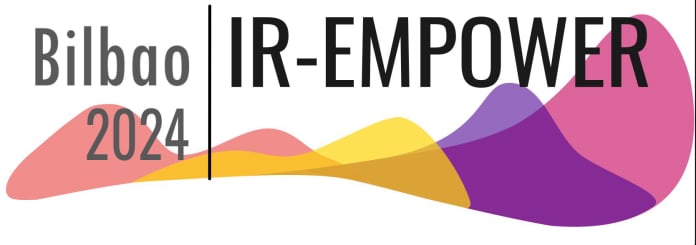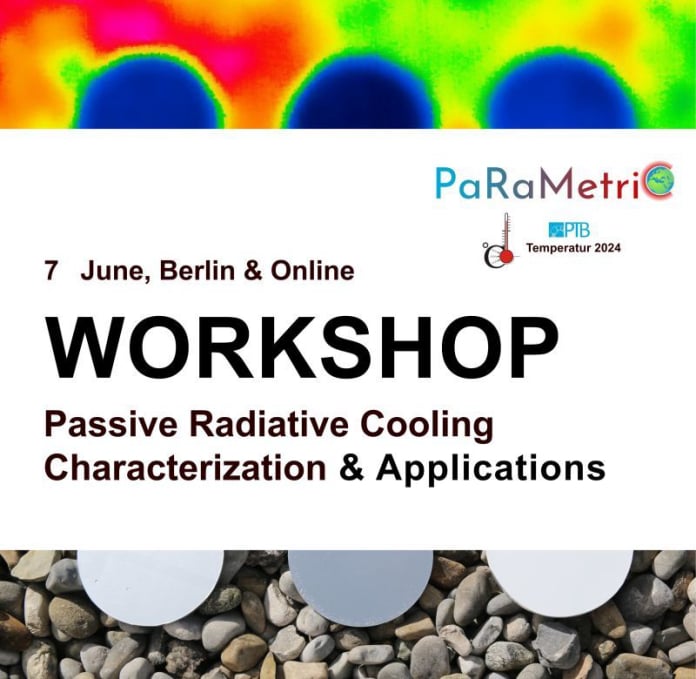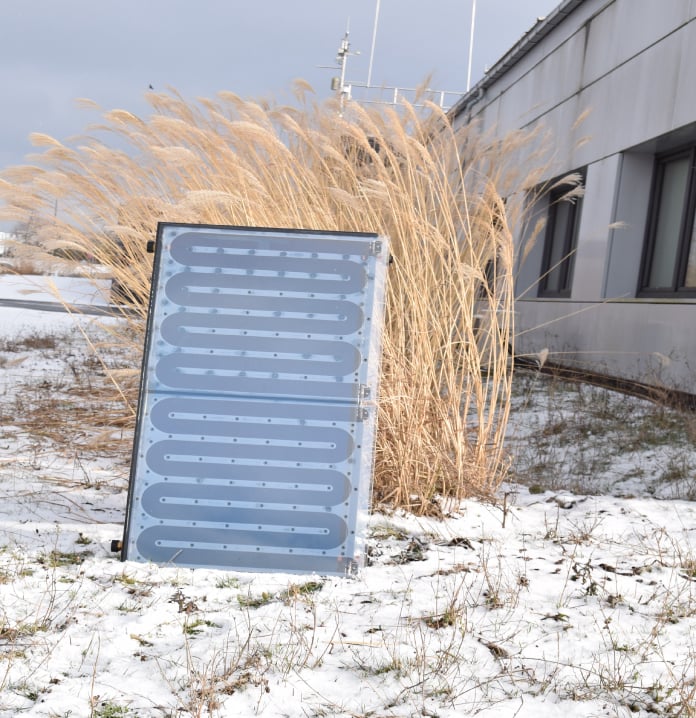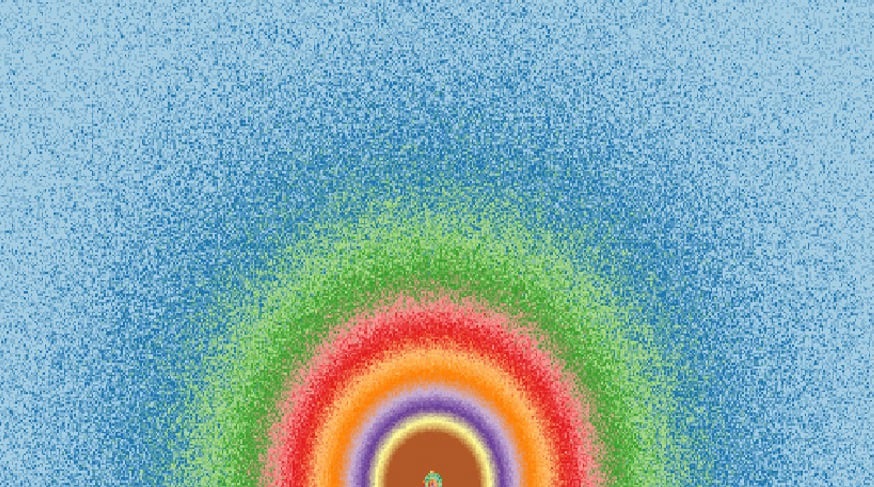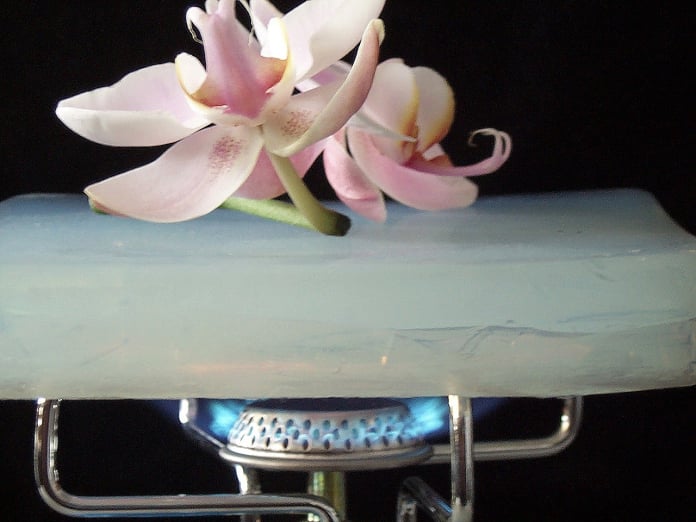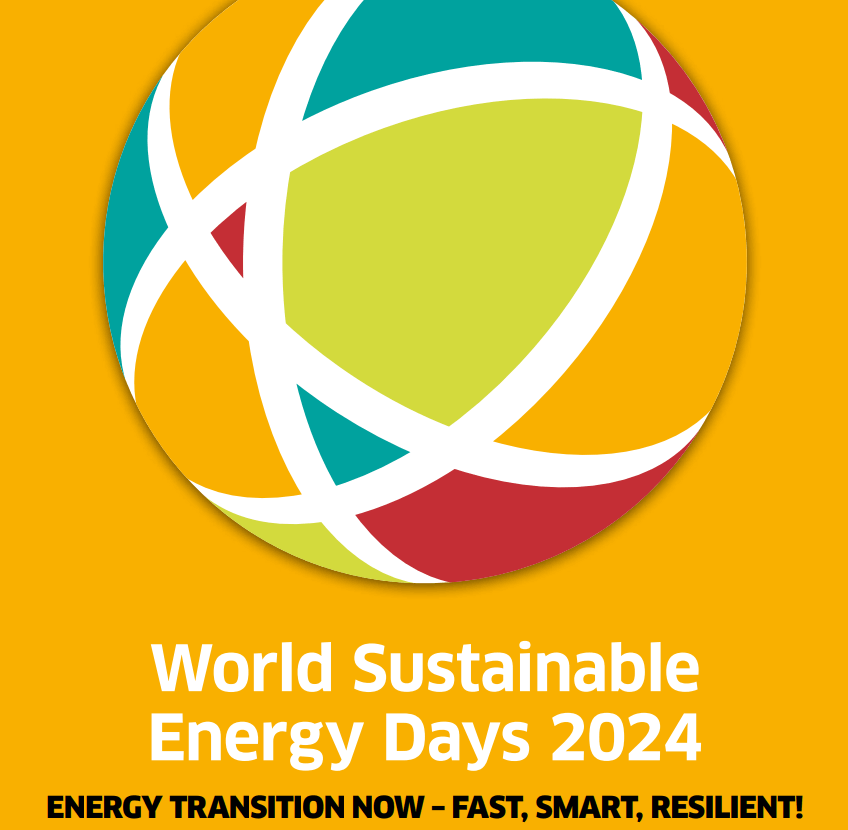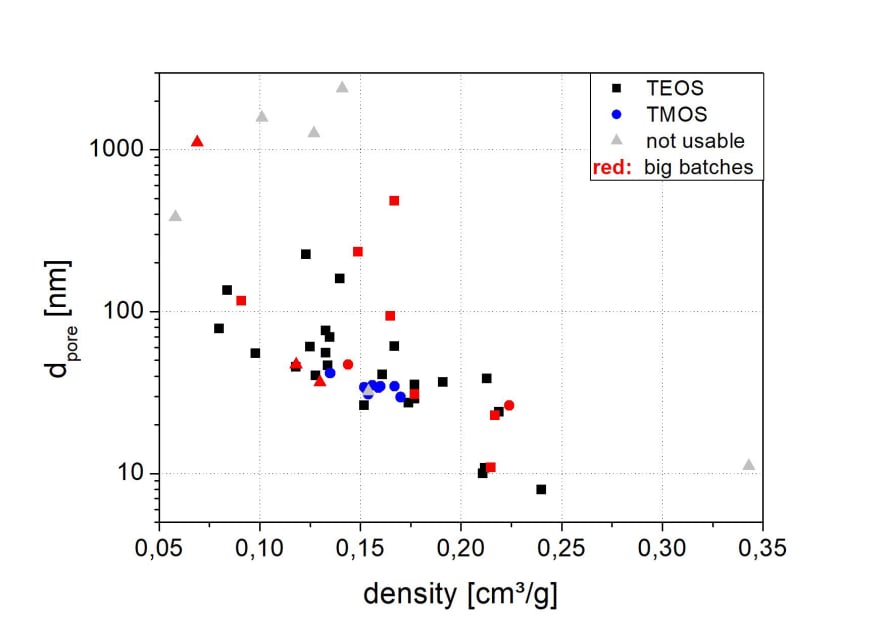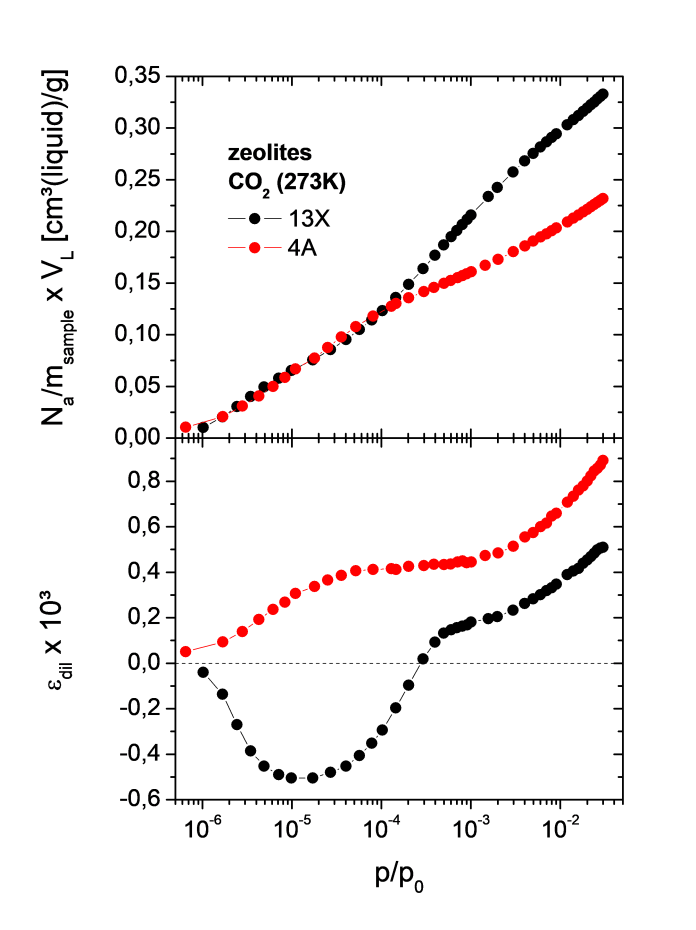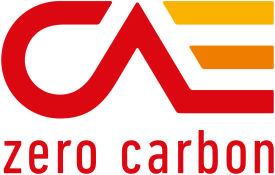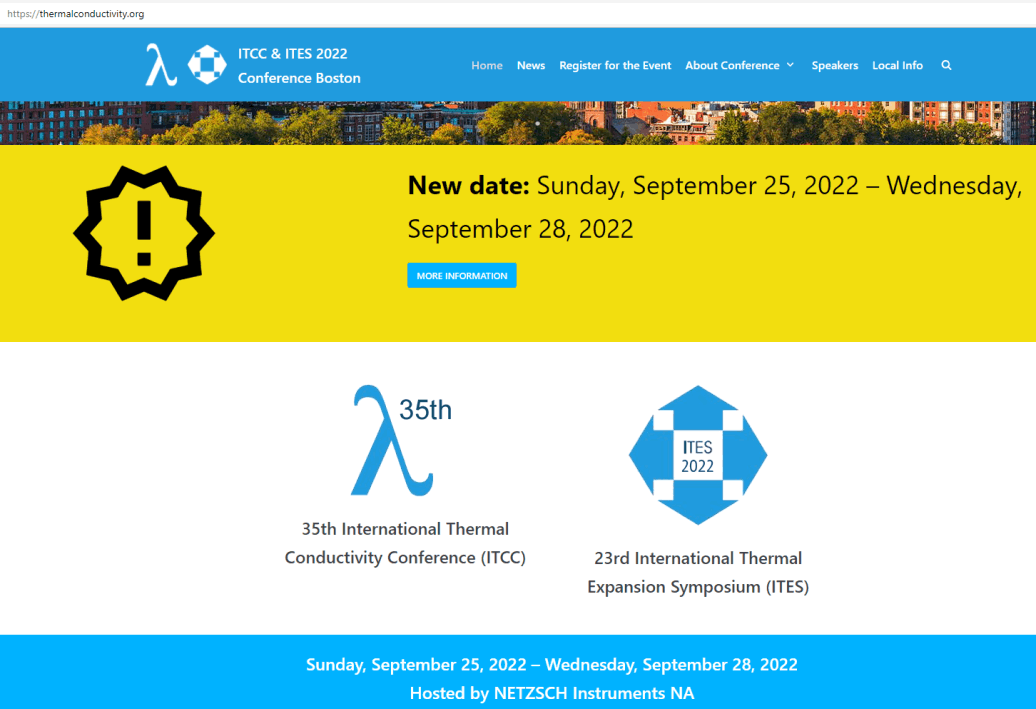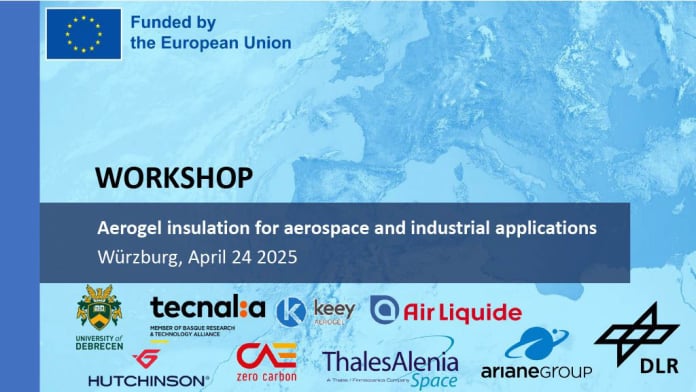
17 Februar 2025
Workshop: ‘Aerogel Insulation for Aerospace and Industrial Applications’ on April 24, 2025
As part of the EU-funded project ‘Insulation Solutions Based on Aerogels (ISBA)’, the Center for Applied Energy Research (CAE) invites you to a one-day workshop on April 24, 2025. The event will focus on the latest developments and innovations in the field of high-performance thermal insulation based on aerogels for aerospace and industrial applications.
Aerogels are one of the most advanced insulation materials and offer exceptional performance over a wide temperature range - from low temperatures to extreme high temperatures of over 2000 K. The workshop offers a unique opportunity to explore the potential of these innovative technologies and learn more about their applications.
The event is aimed at stakeholders from the aerospace and industrial sectors who are interested in new and innovative insulation solutions. In addition to top-class presentations, there will be opportunities to exchange ideas with experts and other participants.
Venue: Center for Applied Energy Research (CAE), Magdalene-Schoch-Straße 3, 97074 Würzburg, Germany
More information: https://isba-project.eu/en
